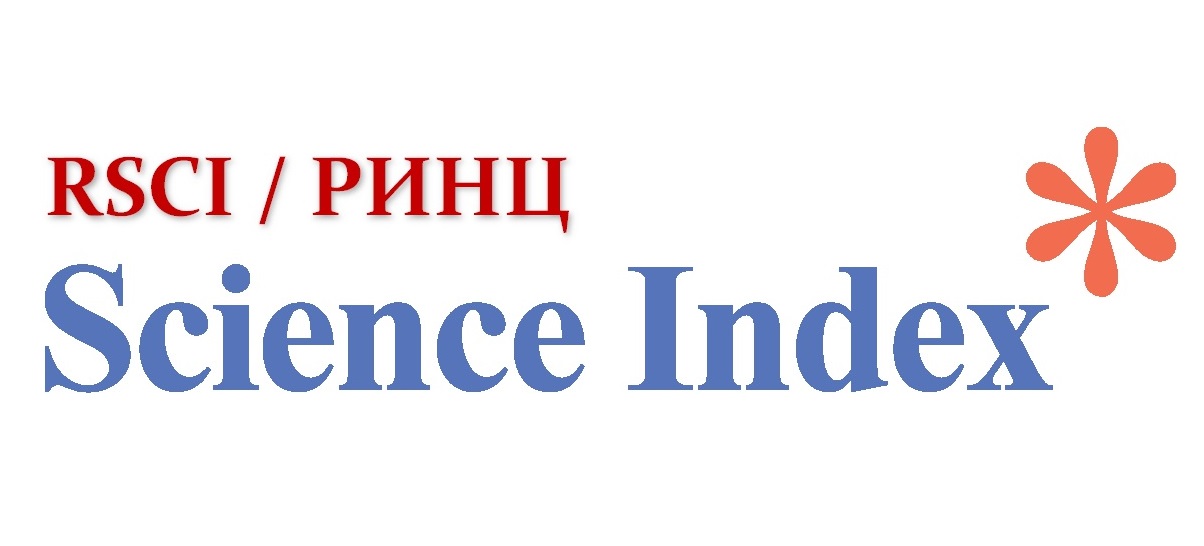Theoretical aspects of the problematic regions typology
Views: 127 / PDF downloads: 87
DOI:
https://doi.org/10.32523/2079-620X-2019-2-17-25Keywords:
problematic regions, social and economic underdevelopment, social and economic differentiation, structural deformation, regional social and economic policy, level equalization of regional development.Abstract
The article studies the issues of theoretical understanding of the problems within the
development of struggling regions. The phenomenon of problematic regions is viewed as a complex
of current negative deformations and deviations ‘in economic, social, environmental and territorial
environment’.
The conditions and factors of differentiation are determined in the level of developing various social
and economic, territorial systems.
The article identifies 8 types of struggling regions: monofunctional, labour surplus, labour-deficient,
socially underdeveloped, environmentally distressed, dispersed, new development and mixed.
Based on the depth of the problems of problematic regions’ development, the problems are classified
into compensation, subcompensation and decompensation.
The scientific statement is settled according to the need for a differentiated social and economic
policy in relation to each type of problematic regions.
One of the most important tools for level equalization of regional development and overcoming the
disproportionality of conditions and resources of functioning of problematic regions is considered to be
zones of fast economic growth.
In conclusion, the article emphasizes the need for a period to the new paradigm of territorial
construction of social and economic countries.
Downloads
Downloads
Published
How to Cite
Issue
Section
License
Copyright (c) 2023 ECONOMIC SERIES OF THE BULLETIN OF L.N.GUMILYOV EURASIAN NATIONAL UNIVERSITY

This work is licensed under a Creative Commons Attribution-NonCommercial 4.0 International License.






